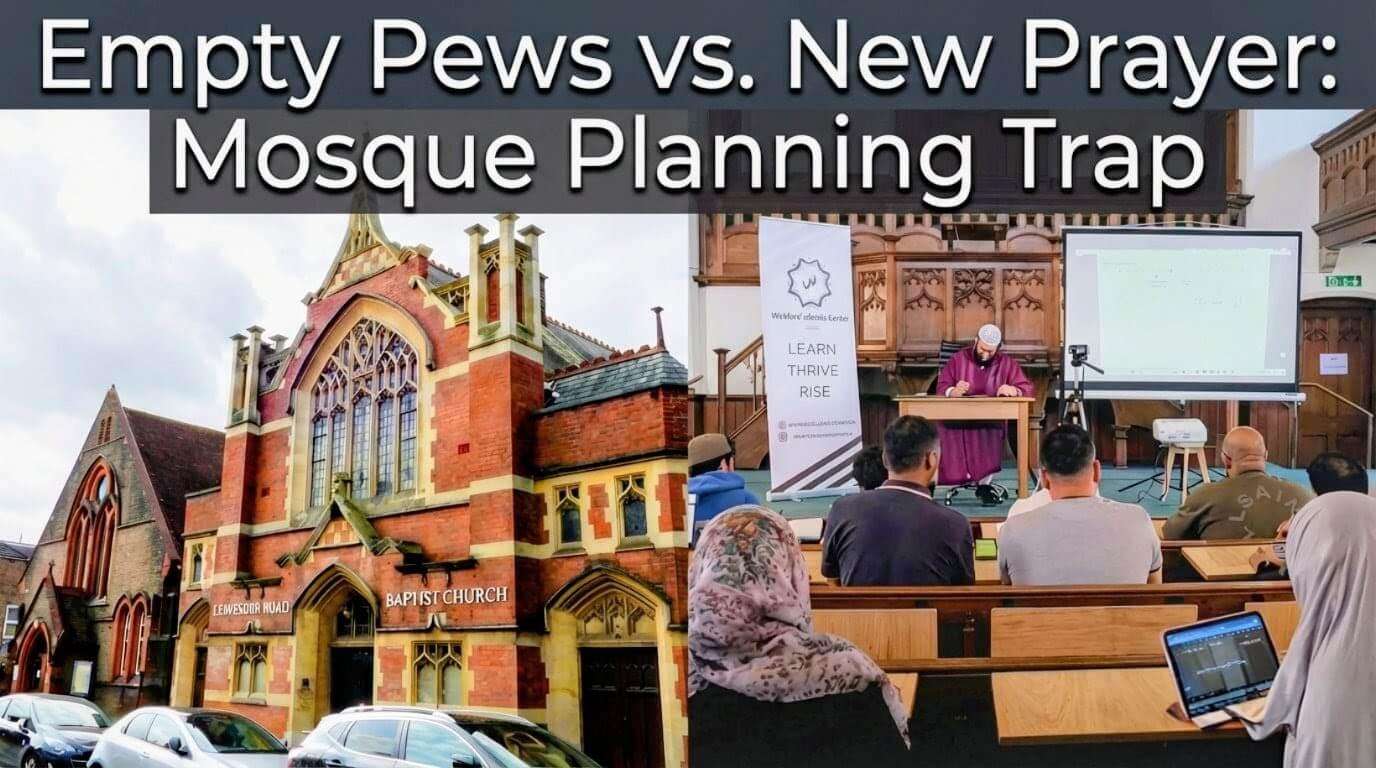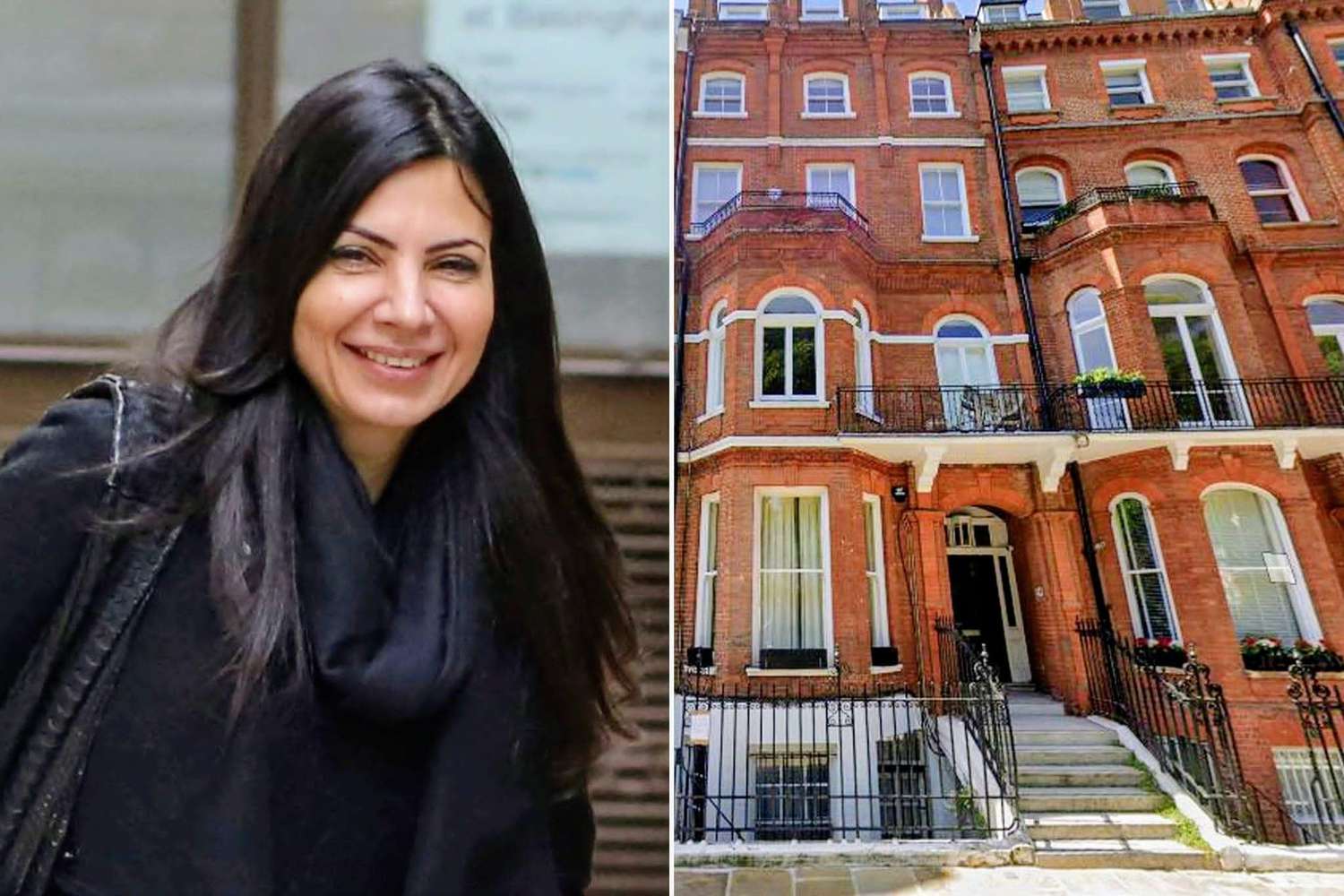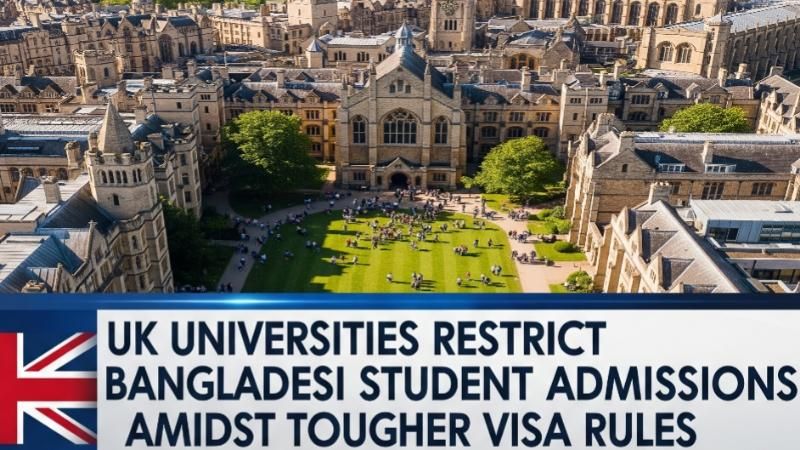A tightening of the screws on UK immigration policy is prompting universities across the nation to re-evaluate their international recruitment strategies, with Bangladeshi students facing significant new hurdles. London Metropolitan University has emerged as a frontline example, announcing the "very regrettable decision" to halt all new student recruitment from Bangladesh. This drastic step is a direct response to anticipated changes in the UK's Basic Compliance Assessment (BCA) thresholds, which dictate a university's ability to sponsor international students, Daily Dazzling Dawn understands.
Under proposals outlined in the government's latest immigration white paper, the permissible visa refusal rate for institutions to maintain their 'green' compliance status will be slashed to just 5%. This impending shift is forcing universities to proactively adjust their admissions, particularly for countries identified as "high-risk" for visa applications.
Gary Davies, Deputy Vice-Chancellor at London Metropolitan University, confirmed that an "uptick in visa refusals" for students from Bangladesh was the primary driver behind their decision. He noted that a striking 60-65% of the university's recent visa refusals originated from Bangladesh, a figure that aligns with UK Visas and Immigration (UKVI) briefings. "So far, we’ve seen more refusals than we’re comfortable with," Davies stated, emphasizing the university's need to fall "comfortably within the proposed 5% BCA visa refusal threshold."
The university has assured that no student will suffer financially, with all previously issued Confirmation of Acceptance for Studies (CAS) documents being withdrawn and refunds processed. Davies underscored that protecting student welfare, including their long-term visa prospects, was paramount, as a visa refusal can hinder future applications. While London Met's current compliance metrics remain strong, this pre-emptive move reflects a sector-wide understanding that the new immigration white paper's biggest impact will be on the "changing behaviours of institutions rather than students."
This development is not isolated. Universities across the UK are recalibrating their approaches. Glasgow Caledonian University, for instance, has already halted international student recruitment for courses deemed at risk of failing the new compliance metrics. Similarly, the University of Sunderland has paused recruitment from several "high-risk" regions, including Sudan, Iran, Iraq, Syria, and Yemen, citing the added layer of consideration introduced by the immigration white paper. These institutions, too, have committed to upholding commitments for students who have already received a CAS.
The impact on aspiring Bangladeshi students is significant. Recent data reveals a notable decline in UK study visa issuance rates for Bangladesh, with the grant rate dropping to 63% in the first quarter of 2025 – a 15 percentage point decrease year-on-year. This comes amidst broader, stricter UK immigration policies, including a ban on dependents for most international students on postgraduate taught courses, which has already contributed to a 14% drop in overall sponsored study visas. Further proposals in the May 2025 immigration white paper could include a levy on higher education provider income from international students, potentially leading to increased tuition fees, and an extension of the qualifying period for UK settlement from five to ten years. These combined changes present a more challenging landscape for Bangladeshi students, demanding greater preparation and adaptability from both applicants and educational institutions.
Nasrullah Khan Junaid, Chairman of LSCI, a traditional Bangladeshi-owned college in London, told Daily Dazzling Dawn that this news is a matter of shame and frustration for us as Bangladeshis.








.svg)

_4.jpg)
